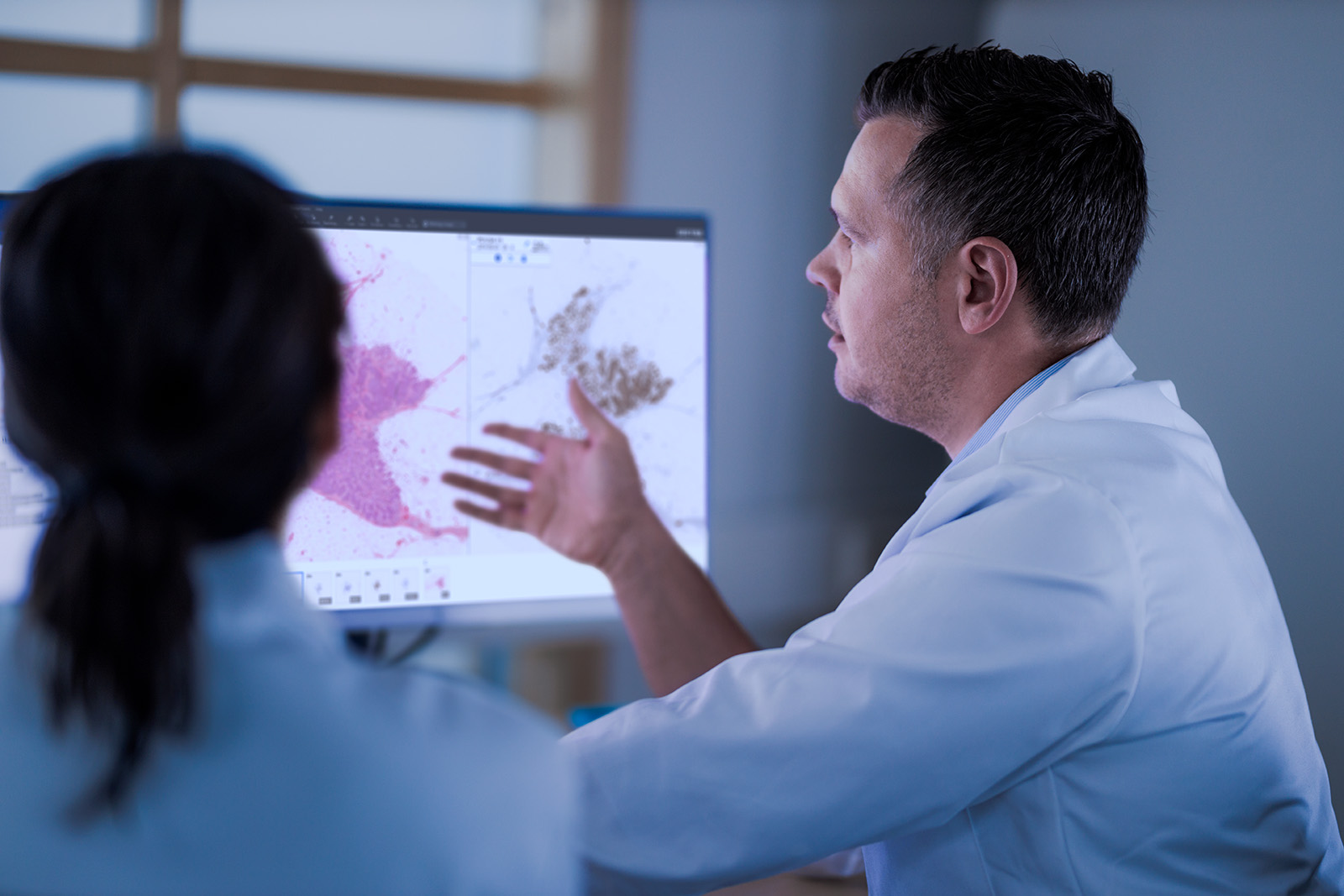The four pathology networks that have completed deployment of the PACS are:
- Black Country Pathology Service – covering The Dudley Group NHS Foundation Trust, The Royal Wolverhampton Trust, Sandwell and West Birmingham NHS Trust, and Walsall Healthcare NHS Trust.
- Birmingham and Solihull – covering Birmingham Women’s and Children’s NHS Foundation Trust, University Hospitals Birmingham NHS Foundation Trust, and The Royal Orthopaedic Hospital NHS Foundation Trust.
- South Midlands Pathology – covering University Hospitals Coventry and Warwickshire NHS Trust, South Warwickshire University NHS Foundation Trust, George Eliot Hospital NHS Trust, Wye Valley NHS Trust, and Worcestershire Acute Hospitals NHS Trust.
- North Midlands, South Cheshire, Shropshire, Telford and Wrekin – covering University Hospitals of North Midlands NHS Trust, The Robert Jones and Agnes Hunt Orthopaedic Hospital NHS Foundation Trust, The Shrewsbury and Telford Hospital NHS Trust, Mid Cheshire Hospitals NHS Foundation Trust, and East Cheshire NHS Trust.




